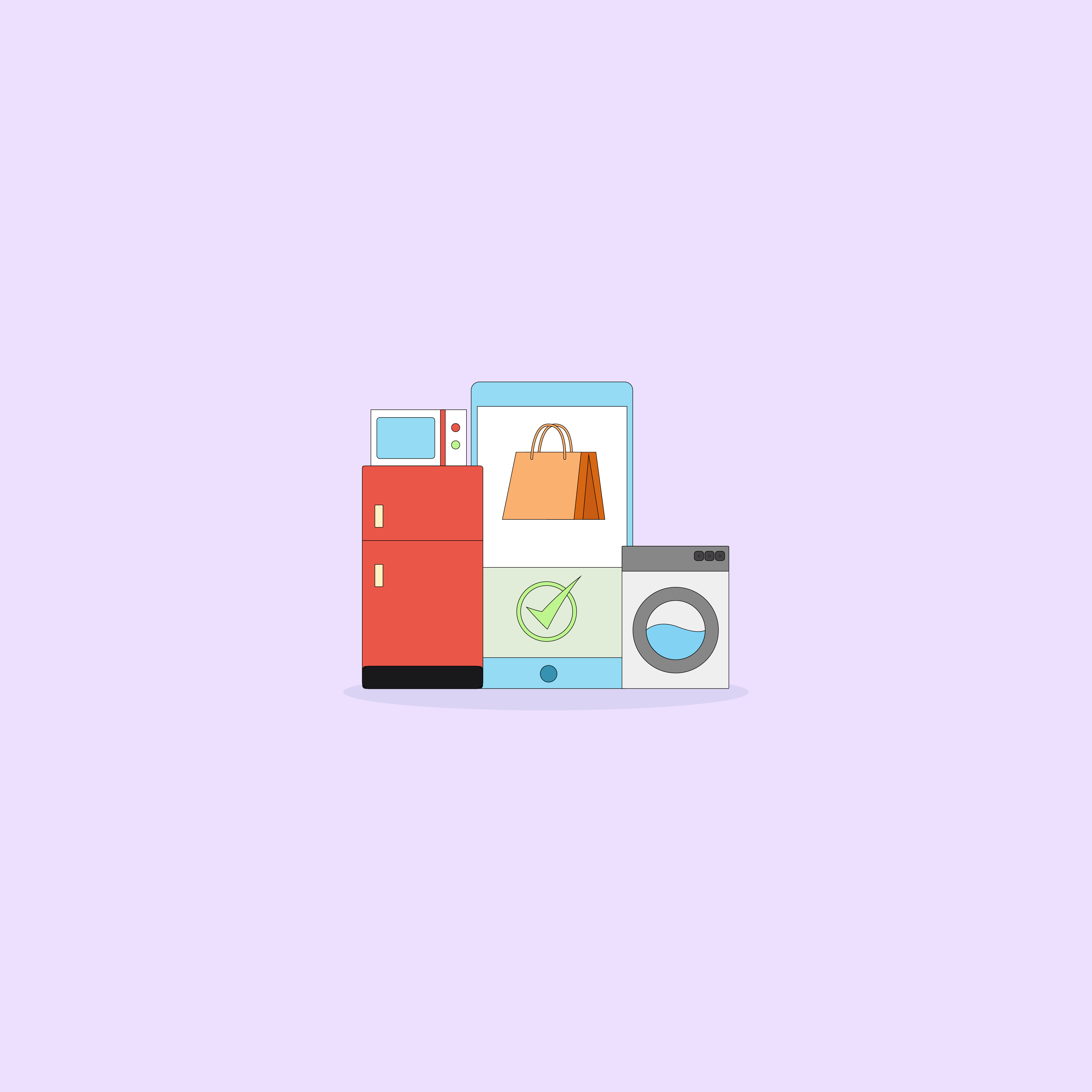We use cookies and similar technologies to enhance your experience. By clicking “Accept All,” you agree to the use of all cookies detailed in our Privacy Policy You can manage your preferences or withdraw your consent at any time
5 Reasons Fashion Brands Need to Provide a Personalised Experience
The fashion industry is evolving faster today than it ever has in the past – and technology is behind the rapid change. Not only are fashion trends constantly changing, but how people consume and learn about fashion is evolving as well. Introducing the online shopping experience revolutionised the fashion industry and social media has only accelerated this.
In 2019 and beyond, customers expect a personalised experience from brands – even if they don’t consciously realise it. If brands don’t provide relevant products and content in a customised manner, their revenue will suffer and customers will move on to competitors instead.
Why is a Personalised Experience Necessary for Fashion Brands in 2019 and Beyond?
For brands in the fashion industry, a personalised online shopping experience isn’t just “nice to have” anymore – it’s mandatory for driving sales and keeping your customers engaged.
1. Customers Expect a Personalised Online Shopping Experience
According to the latest research from Adobe, consumer demand for personalisation is at an all-time high. To succeed online, a personalised experience is crucial for standing out and meeting customer preferences – especially in a dynamic industry like fashion.
67% of customers who responded to Adobe’s survey said that it’s important for brands to change content based on data and context. Meanwhile, 42% of customers said that they feel annoyed when brands don’t offer highly relevant personalised content.
It gets worse. If a brand doesn’t provide personalised content, has poor web design, or doesn’t optimise for mobile, 66% of people said they would refuse to complete a purchase. “It’s becoming harder and harder to stand out. That’s why many brands are setting the bar higher by engaging with customers on a personal level with content and messaging that is personalised, relevant, and more likely to garner engagement,” said Loni Stark, Adobe’s senior director of strategy and product marketing.
2. It Improves Your Conversion Rates
Research shows time and time again that personalised content boosts conversion rates. It gets better: the more personalised pages a visitor views, the higher the possibility they’ll convert. According to the latest figures, 74% of customers are more likely to add an item to their cart if they view two-to-three personalised pages. Even if they don’t complete the purchase right away, fashion brands can capitalise on retargeting campaigns such as personalised push notifications and email campaigns.
If a visitor browses 10 pages of personalised content, they’re 31% more likely to convert. Vögele Shoes managed to quadruple their conversion rates after implementing a personalised product recommendation strategy with Segmentify.
3. It Satisfies the Growing Need for Instant Gratification
CBInsights reports that traditional fashion seasons are long gone. Social media influencers and endless Pinterest content on-demand have created a new cycle of “mini seasons” throughout the year and a “see-now, buy-now” mentality among fashion consumers.
People see a product they like in a Pin with a slick graphic and they purchase it (or Pin it to purchase later). Social media platforms already employ advanced personalisation algorithms to provide users with the most relevant content possible.
Aside from paying for sponsored posts, fashion brands can’t change algorithms. They can, however, personalise their own online shopping experience to fit the see-now, buy now atmosphere. Personalised email campaigns and push notifications are excellent tools for reminding customers about items they left in their cart. Using behavioural data such as products a visitor has viewed, fashion brands can also curate email campaigns with personalised collections for each subscriber. The goal is to satisfy the need for instant gratification by getting the right product in front of each customer at the perfect time.
4. A Personalised Experience Stretches Your ROI
A large majority of retail companies say they’ve definitely derived a return on investment from personalisation efforts. However, personalisation alone isn’t enough. Brands need to develop a strategy: 68% of organisations polled said that they have a documented strategy for personalisation.
One of those brands is the online fashion retail giant Sateen. By implementing a personalised online shopping experience with Segmentify, Sateen multiplied their ROI six-fold and experienced a 4% increase in overall revenue. Sateen attributes the success to personalised push notifications and product recommendations. Creating a personalised experience is healthy for ROI because it’s fairly easy to implement thanks to artificial intelligence (AI), automation, and the data you already have.
5. It Helps You Reach (and Keep) the Right Audience for Your Brand
How people consume fashion and what they expect from brands has also changed. On one hand, you have fast-fashion customers who want the latest trends at the best price point. On the other hand, you have conscious consumers who want a wardrobe full of clothing made from sustainable materials by workers who received a fair wage.
Consumers are truly split right down the middle: 50% of global consumers consider themselves “belief-driven buyers” who spend their money with brands who share their values. On both sides of the fashion aisle, you have customers of varying income levels with vastly different tastes in style stretching across the board.
Automated email campaigns filled with personalised product recommendations and curated blog posts can help you demonstrate your value to subscribers once they visit your online store, building authority and loyalty. Retail giant, Koton, uses an algorithm from Segmentify to provide a personalised online shopping experience for each of their 60 million monthly visitors. Personalisation gives you endless possibilities to show leads and customers content that is truly relevant to them through each step of the buying process.
How Do You Personalise Your Online Shopping Experience?
In the past, fashion brands waited for customers to visit their site, hope they provided an email address, and followed up with generic coupons and emails. New AI and technology advancements help brands today provide a personalised experience for every customer and site visitor every step of the way.
Personalisation allows fashion companies big and small to show customers the most relevant content and products – and customers expect it. In 2019 and beyond, personalisation isn’t just a bonus it’s necessary to keep up with competition and drive sales in the fashion industry.








